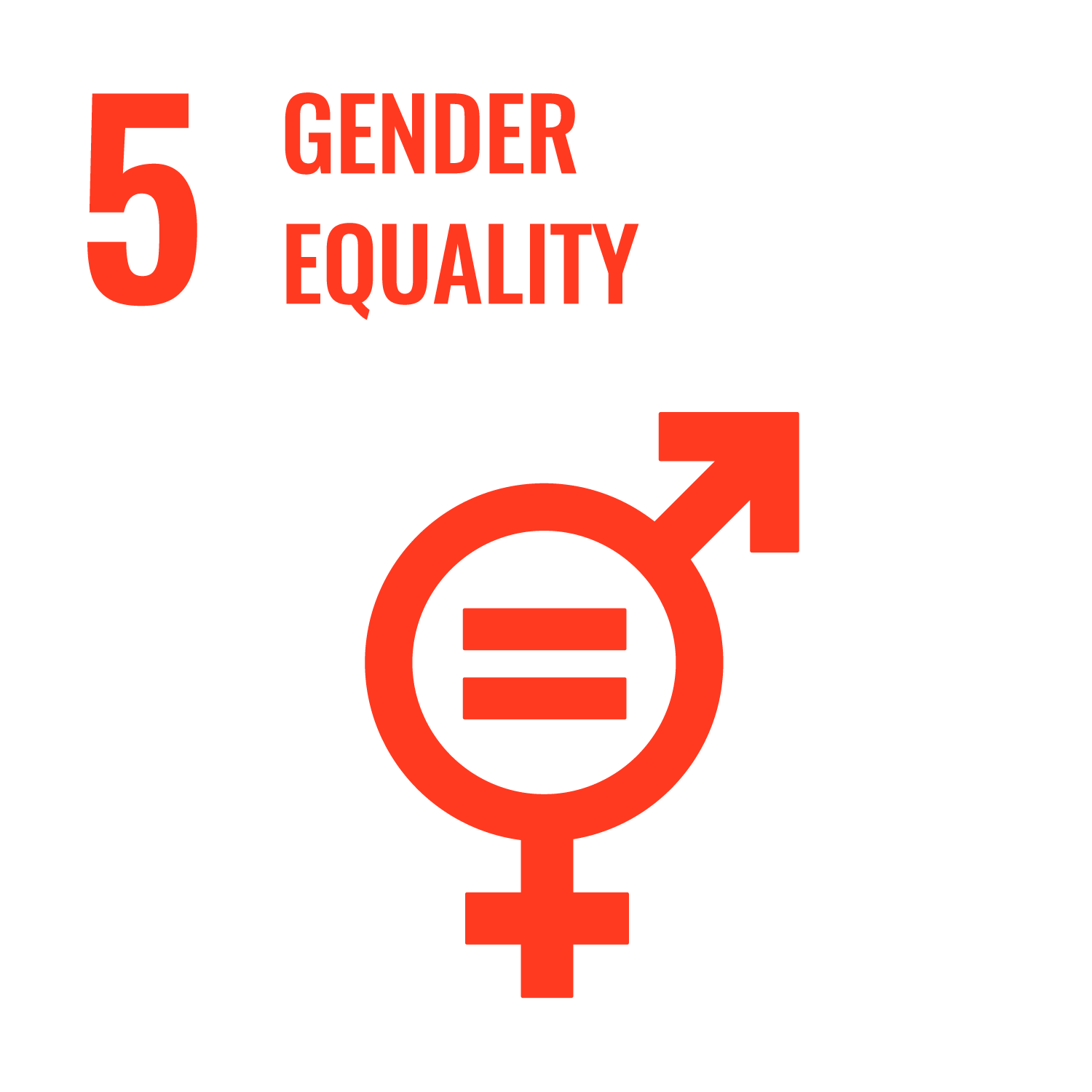NEWS
Study: University Graduates Show Higher Levels of Psychological Resilience

 A scientific study conducted at the University of Bahrain found that divorced women under the age of 30, who hold university degrees and have a good monthly income, exhibit higher levels of psychological resilience.
A scientific study conducted at the University of Bahrain found that divorced women under the age of 30, who hold university degrees and have a good monthly income, exhibit higher levels of psychological resilience.
Psychological resilience refers to an individual’s ability to regain balance after facing hardships and adversity. The study, presented by student Nada Al Ali in the University’s Counseling Psychology Master’s program, recommended incorporating resilience-building skills into marital and family counseling plans. The thesis was titled: “Psychological Resilience and Its Relationship with Stress Coping Styles among Divorced Women in the Kingdom of Bahrain.”
Researcher Al Ali noted: “Some studies conducted in Arab societies indicate that divorce causes psychological harm to both spouses, but the woman suffers more, especially if she is blamed or reproached by her family, or abandoned without emotional or financial support.” She emphasized that in order to face crises and psychological pressures such as anxiety, depression, and low self-esteem, divorced women are often forced to interact with their surroundings through an ongoing adaptation process, balancing internal factors with external circumstances. This process is referred to as stress coping, which helps the divorced woman maintain equilibrium.
She stressed that a divorced woman’s use of effective stress-coping strategies impacts her level of psychological resilience, which the study aimed to explore. The research also examined the level of resilience among divorced women, their coping mechanisms, and differences in resilience based on variables such as age, marriage duration, educational level, income, and number of children.
The researcher employed a descriptive-analytical methodology and used a sample drawn from all divorced women in Bahrain during the academic year 2014–2015. The total number of divorced women at the time was 1,450, and the study sample consisted of 140 women selected using a 10% random sample.
The study found several key results, including a statistically significant positive correlation between psychological resilience and the use of rational coping strategies. There were statistically significant differences in resilience levels among divorced women based on age group (favoring those under 30), educational level (favoring university graduates), and monthly income (favoring those earning 501 BHD or more).
Researcher Nada Al Ali highlighted the need for training programs focused on improving resilience in divorced women with low resilience levels, given the critical role it plays in helping them adapt to post-divorce life. She also recommended including resilience-building skills in marital and family counseling plans and raising awareness among stakeholders about supporting divorced women and their children.
A thesis defense committee discussed Al Ali’s work, consisting of: Prof. Jihan Al Umran, Psychology Professor at the University of Bahrain (supervisor); Prof. Mohamed Mokdad, Occupational Psychology Professor at the University of Bahrain (internal examiner); and Prof. Mohammed Jamal Al-Lail, faculty member at Umm Al-Qura University in Saudi Arabia (external examiner).











